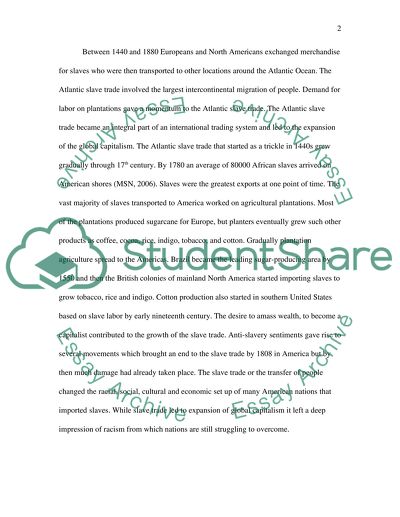Cite this document
(Culture of Capitalism Essay Example | Topics and Well Written Essays - 2000 words, n.d.)
Culture of Capitalism Essay Example | Topics and Well Written Essays - 2000 words. Retrieved from https://studentshare.org/macro-microeconomics/1539325-the-culture-of-capitalism
Culture of Capitalism Essay Example | Topics and Well Written Essays - 2000 words. Retrieved from https://studentshare.org/macro-microeconomics/1539325-the-culture-of-capitalism
(Culture of Capitalism Essay Example | Topics and Well Written Essays - 2000 Words)
Culture of Capitalism Essay Example | Topics and Well Written Essays - 2000 Words. https://studentshare.org/macro-microeconomics/1539325-the-culture-of-capitalism.
Culture of Capitalism Essay Example | Topics and Well Written Essays - 2000 Words. https://studentshare.org/macro-microeconomics/1539325-the-culture-of-capitalism.
“Culture of Capitalism Essay Example | Topics and Well Written Essays - 2000 Words”. https://studentshare.org/macro-microeconomics/1539325-the-culture-of-capitalism.


